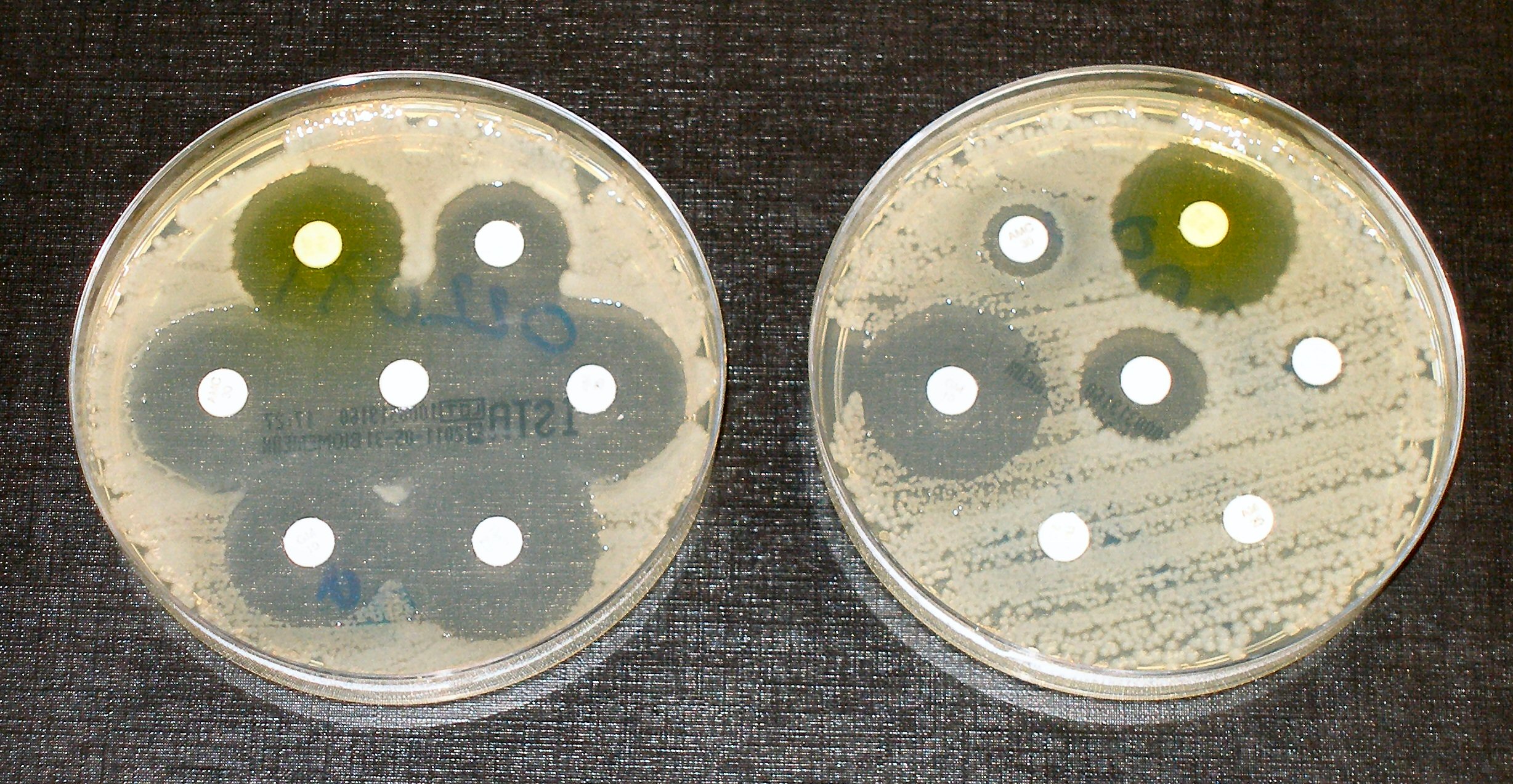Yale chemists may have found a way to create a new class of antibiotics that could potentially change how we approach antibiotic development and combat antibiotic resistance. However, the biggest challenge to developing new antibiotics can be the economic potential of the product as much as the quality.
“Economics need to be taken out of it,” said Seth Herzon, professor of chemistry and leader of the team working on the new drugs. “There is a clear disincentive to pursue antibiotics and an incentive to pursue other therapeutic areas because the market will support such higher prices. It is not economically viable to develop an antibiotic,” Herzon added.
Historically, antibiotics and their derivatives are produced by manipulating natural compounds found in nature and modifying those compounds for human use, a process called semi-synthesis. Herzon and his colleagues have geared their efforts toward full synthesis, a process that creates antibiotics completely from scratch, independent of natural compounds.
Herzon and his team’s work revolves around pleuromutilin, a molecule that inhibits protein synthesis in bacteria. “It is very hard for bacteria to become resistant to pleuromutilin and retain fitness,” Herzon said. In 2017, Herzon and his team were able to synthetically develop pleuromutilin through full-synthesis whereas previously pleuromutilin-based antibiotics relied on the manipulation of just one site on the molecule during semi-synthesis.
“There are limitations to semi-synthesis in terms of what you can do and there are only a finite number of new structures that one can get too” Herzon said. “The promise of a fully-synthetic approach is that you can have a much better handle on the types of compounds and modifications that you can make. I say ‘promise’ because it still takes a lot of hard work to get to that point,” Herzon added. Synthesizing pleuromutilin is not nearly as difficult as finding the general and flexible methodology that will allow pleuromutilin derivatives to be synthesized.
As the rate of antibiotic resistance continues to outpace antibiotic development, the race is on to find answers. Moreover, while resistance is a significant public health threat, scientists say that the lack of a profitable market for antibiotics is largely responsible for the slow development of research. Researchers can only hope that pharmaceutical companies will approach antibiotic research and development from a human health standpoint rather than an economic one.
Without pharmaceutical backing, the potential of these fully-synthetic antibiotics may never research patients and the rate of resistance will continue to exceed the rate of antibiotic development. “People don’t appreciate that before antibiotics…you could die from [a simple] cut [on your skin,] it’s not an exaggeration,” Herzon said. “How are we going to keep this compound [fully-synthesized pleuromutilin and its derivative] alive?” Herzon asked.
The Herzon lab offers favorable prospects for the future of antibiotic development. The research being conducted by these Yale chemists presents promising potential as to how we approach antibiotic resistance, and more importantly, how we aim to combat it. However, if economic incentives are not expelled from antibiotic development, we risk returning to the days when we had no antibiotics at all.

